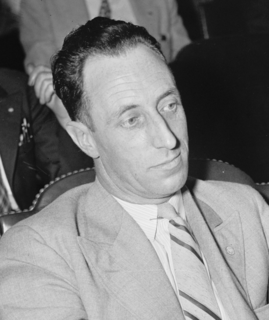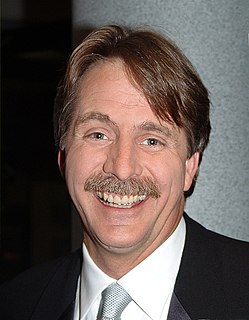A Quote by Pamela Meyer
The more you talk about - and live by - your principles, the harder it will be for others to treat you in a morally ambiguous manner.
Related Quotes
Who is blameless? Only those that blame no one for aught that is, has been or may be. Only in creating hope, life, understanding, harmony, does one become blameless. For, as you understand, they that would be loved must show themselves lovely; they that would have friends must be a friend to others. For in the manner you treat others, you treat your Lord. Let that light which has aroused you be alive, awakened. Condemn no one. And as you come seeking, know, understand, as you create same in the lives of others so is it reflected in your own.
Sometimes we forge our own principles and sometimes we accept others' principles, or holistic packages of principles, such as religion and legal systems. While it isn't necessarily a bad thing to use others' principles - it's difficult to come up with your own, and often much wisdom has gone into those already created - adopting pre-packaged principles without much thought exposes you to the risk of inconsistency with your true values.
Finally, it was about how people treat one another. It was about human dignity. We forced the employers to treat us as equals, to sit down and talk to us about the work we do, how we do it, and what we get paid for it. And I believe that the principles for which we fought in 1934 are still true and still useful. Whether your job is pushing a four-wheeler, or programming a computer, I don't know of any way for working people to win basic economic justice and dignity except by being organized into a solid, democratic union.
God, possessing supreme and infinite wisdom, acts in the most perfect manner, not only metaphysically, but also morally speaking, and ... with respect to ourselves, we can say that the more enlightened and informed we are about God's works, the more we will be disposed to find them excellent and in complete conformity with what we might have desired.
Genuine human friendship is on the basis of human affection, irrespective of your position. Therefore, the more you show concern about the welfare and rights of others, the more you are a genuine friend. The more you remain open and sincere, then ultimately more benefits will come to you. If you forget or do not bother about others, then eventually you will lose your own benefit.
When I die, the world is going to talk about me. They will never forget me and I will never have any regrets. If nothing else, the world will know I was here. I think that everyone should make their mark wherever they are. They will talk about you way after you're gone. Make your mark. Live your life.
You see everything depends upon the psychological headquarters from which we live. 'Where am I living from?' Ask yourself that question. If you don't like your headquarters, you can move any time you like. Break away. Don't tell anyone about it. Others will either smile tolerantly or mouth sanctimonious babble. Make your escape plans in secret. Never mind if you lose certain friends, you will find others who also have dared. They will be ten-thousand times more valuable to you.
The single observation I would offer for your consideration is that some things are beyond your control. You can lose your health to illness or accident. You can lose your wealth to all manner of unpredictable sources. What are not easily stolen from you without your cooperation are your principles and your values. They are your most important possessions and, if carefully selected and nurtured, will well serve you and your fellow man.



































